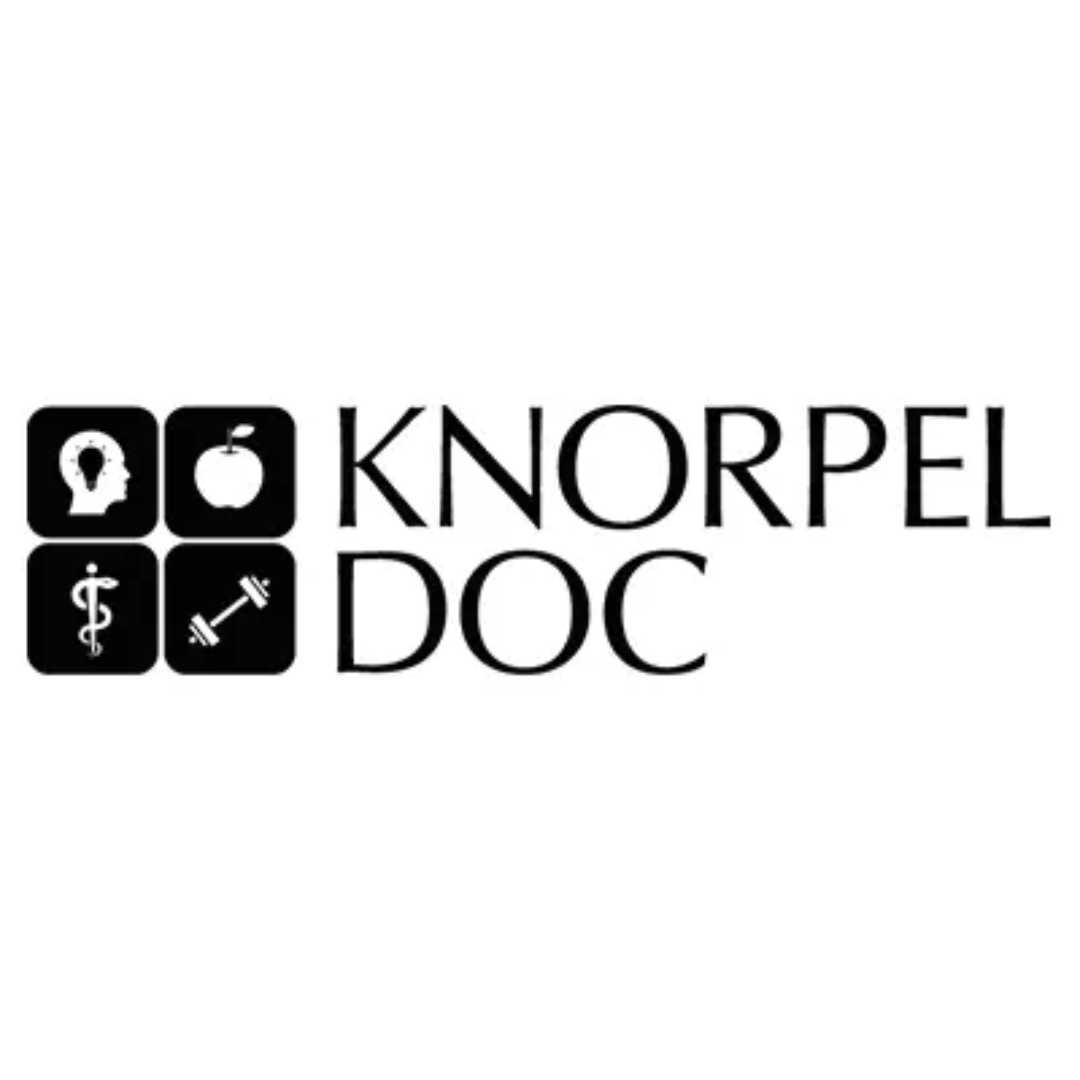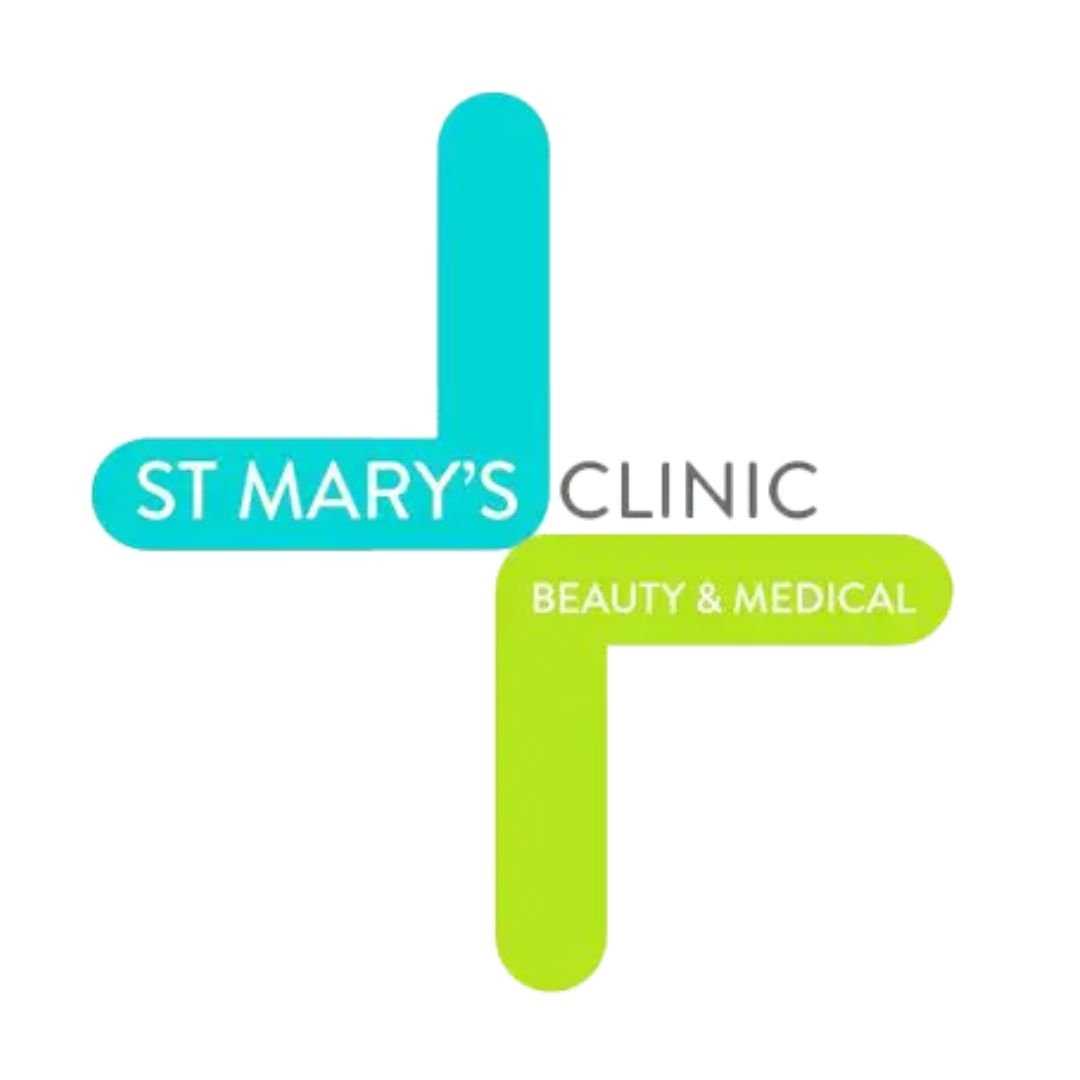Affordable Stem Cell Therapy for MS in Germany
.png)
If you're exploring treatment options for Multiple Sclerosis, you might have heard about stem cell therapy. It's a topic that generates a lot of interest and hope, especially for a complex condition like MS. The good news is that stem cell therapy is indeed available in Germany for Multiple Sclerosis, and the country is home to several clinics and research institutions that are at the forefront of regenerative medicine. Germany has a strong reputation for advanced medical care, combining rigorous research with high safety and ethical standards. This makes it a destination many individuals consider when seeking innovative treatments like stem cell therapy for MS. While it's not a cure, these therapies aim to modulate the immune system, stimulate regeneration, and potentially slow disease progression, offering a new avenue for managing the symptoms and improving the quality of life for those living with MS.
Is Stem Cell Therapy for Multiple Sclerosis Available in Germany?
Germany is a recognized hub for advanced medical treatments, including stem cell therapy for Multiple Sclerosis. Various clinics across the country are involved in offering stem cell-based interventions for MS patients. These treatments often fall under the category of regenerative medicine, focusing on harnessing the body's natural healing capabilities.
Clinics in Germany offer different approaches, such as using mesenchymal stem cells (MSCs) derived from the patient's own body (autologous) or other sources, and sometimes pioneering treatments like the stem cell secretome, which utilizes the beneficial factors released by stem cells rather than the cells themselves. It's important to note that while promising, these therapies are often considered experimental and personalized, requiring a thorough evaluation of each patient's condition.
What Types of Stem Cell Therapies are Offered for MS in Germany?
German clinics provide a range of stem cell therapies for Multiple Sclerosis, each with a unique mechanism of action. These therapies aim to reduce inflammation, modulate the immune system, and promote tissue repair, which are crucial aspects of managing MS.
- Autologous Mesenchymal Stem Cell (MSC) Therapy: This is a common approach where MSCs are harvested from the patient's own adipose tissue (fat) or bone marrow. These cells are then processed and reintroduced into the patient's body. MSCs are favored for their immunomodulatory and regenerative properties, which can help calm the autoimmune response in MS and support neural repair.
- Bone Marrow Concentrate (BMC): BMC is a concentrate of a patient's own bone marrow, rich in various regenerative cells, including some stem cells. It's used to deliver these growth factors and cells directly to the affected areas, or intravenously, to stimulate healing and reduce inflammation.
- Stem Cell Secretome/Exosome Therapy: This is a more advanced and innovative approach offered by some German clinics. Instead of injecting the stem cells themselves, this therapy utilizes the "secretome" – the collection of growth factors, cytokines, and extracellular vesicles (like exosomes) that stem cells release. These components are believed to carry the therapeutic benefits of stem cells, potentially offering a cell-free yet potent regenerative treatment.
- Autologous Hematopoietic Stem Cell Transplantation (AHSCT): While less common and generally reserved for highly active and aggressive forms of MS, some specialized centers in Germany offer AHSCT. This intensive procedure involves chemotherapy to suppress the immune system, followed by the reinfusion of the patient's own blood-forming stem cells to "reset" the immune system.
What is the Average Cost of Stem Cell Therapy for MS in Germany?
The cost of stem cell therapy for Multiple Sclerosis in Germany is not standardized and can vary widely based on several factors. These factors include the specific type of stem cell therapy chosen, the number of treatment sessions required, the reputation and facilities of the clinic, and the comprehensiveness of the treatment package.
Generally, you can expect the cost to range from approximately $13,000 to upwards of $20,000 or even more. For example, less intensive treatments like single-session MSC infusions might be on the lower end, while more complex or prolonged therapies like AHSCT will be significantly more expensive due to the extensive medical procedures involved, including hospitalization and post-treatment care.
It is always advisable to get a detailed quote directly from the clinics you are considering, as prices can include pre-operative consultations, the stem cell extraction and processing, the administration of cells, and post-treatment follow-ups. Some packages might also include accommodation or airport transfers for international patients.
How Long Does Stem Cell Therapy for MS Take in Germany?
The length of time required for stem cell therapy for Multiple Sclerosis in Germany varies based on the specific treatment protocol and the patient's individual needs. It's not a one-size-fits-all duration.
- Initial Consultation and Evaluation: This phase might involve virtual consultations and review of medical records, which can take a few days to weeks depending on scheduling. Once in Germany, comprehensive in-person evaluations, including diagnostics like MRIs and blood tests, typically take 1-3 days.
- Stem Cell Extraction and Preparation: If autologous cells are used, the extraction (e.g., mini-liposuction for adipose tissue or bone marrow aspiration) is usually a one-day procedure. The processing of these cells in the lab can take a few hours to a couple of days.
- Administration of Stem Cells: The actual administration of stem cells can be a relatively quick procedure, often taking a few hours, depending on whether it's an intravenous infusion or direct injection.
- Treatment Cycles and Follow-ups: Some therapies might involve multiple infusions or sessions spread over days or weeks. For treatments like AHSCT, the inpatient stay can be several weeks, followed by an extended recovery period. Many clinics also recommend follow-up visits, which might require return trips or remote monitoring.
Patients should plan for an initial stay of at least 3-7 days in Germany for most stem cell therapies, with the understanding that ongoing treatment or follow-up may be necessary.
Are Stem Cell Treatments for MS Legal and Regulated in Germany?
Germany has a robust regulatory framework governing medical treatments, including stem cell therapies. The legal landscape for stem cell treatments in Germany is designed to ensure patient safety and ethical practice. The primary regulatory body responsible for overseeing these therapies is the Paul-Ehrlich-Institut (PEI), which is the German federal institute for vaccines and biomedicines.
- Strict Oversight: Clinics offering stem cell therapies must adhere to strict guidelines and obtain appropriate licenses. The PEI regulates the manufacture and clinical use of human tissues and cells, including stem cells, ensuring that they meet high quality and safety standards.
- Ethical Considerations: Germany also places a strong emphasis on ethical considerations in medical research and practice. This means that treatments offered are typically based on scientifically sound principles, even if they are considered experimental.
- Approved vs. Experimental: While certain stem cell applications are approved for specific conditions (like hematopoietic stem cell transplantation for blood disorders), many applications for conditions like MS are still considered experimental or part of ongoing clinical research. Clinics offering these treatments often operate under specific permits that allow them to provide personalized, investigational therapies.
Patients considering stem cell therapy in Germany should always ensure the clinic is reputable and has the necessary legal permits and certifications to provide the specific treatment being offered.
What are the Success Rates of Stem Cell Therapy for MS in Germany?
When it comes to stem cell therapy for Multiple Sclerosis in Germany, defining "success rates" can be complex because MS is a highly variable disease, and stem cell therapies are not a cure. Instead, success is often measured by indicators like:
- Reduction in Relapses: A decrease in the frequency or severity of MS relapses.
- Stabilization of Disease Progression: Halting or slowing the worsening of neurological disability.
- Improvement in Symptoms: Alleviation of specific symptoms such as fatigue, pain, motor difficulties, or cognitive issues.
- Enhanced Quality of Life: Overall improvement in daily functioning and well-being.
Many clinics report positive outcomes, with patients experiencing stabilization of their condition and improvement in various symptoms. For highly inflammatory forms of MS, Autologous Hematopoietic Stem Cell Transplantation (AHSCT) has shown significant promise in reducing disease activity and preventing further progression in carefully selected patients. However, for other types of stem cell therapies, the evidence is often based on observational studies and patient testimonials, rather than large-scale, randomized controlled trials. It is crucial for patients to have realistic expectations and discuss potential outcomes thoroughly with their chosen clinic.
What are the Potential Risks and Side Effects of Stem Cell Therapy for MS?
While stem cell therapy for Multiple Sclerosis offers hope, it's essential to be aware of the potential risks and side effects, as with any medical procedure. These can vary depending on the type of stem cells used and the method of administration.
- Infection: Any invasive procedure carries a risk of infection, especially at the site of cell extraction or injection.
- Reaction at Injection Site: Patients might experience pain, swelling, or bruising at the site where stem cells are administered.
- Immune Reaction: While autologous (patient's own) stem cells minimize this risk, using donor (allogeneic) cells can lead to an immune rejection, where the body perceives the cells as foreign.
- Tumor Formation: This is a theoretical concern, particularly with certain types of pluripotent stem cells, though it's extremely rare in clinical practice with adult mesenchymal stem cells.
- Complications from Associated Procedures: For treatments like AHSCT, which involves chemotherapy, there are significant risks associated with immunosuppression, including increased susceptibility to severe infections and potential long-term side effects from the chemotherapy itself.
- Unforeseen Side Effects: As some stem cell therapies are still considered experimental, there might be long-term side effects that are not yet fully understood.
Reputable clinics in Germany will conduct a thorough medical evaluation to assess a patient's suitability for the therapy and minimize risks. They will also provide detailed information about potential side effects.
Which German Clinics Offer Stem Cell Therapy for Multiple Sclerosis?
Germany is home to several distinguished medical facilities and clinics that provide stem cell therapy for Multiple Sclerosis. These institutions often combine cutting-edge research with personalized patient care. Some prominent examples include:
- ANOVA Institute for Regenerative Medicine (Offenbach am Main): This clinic is well-known for its focus on regenerative medicine and offers treatments like the Stem Cell Secretome for MS, aiming to utilize the paracrine factors of stem cells. They emphasize personalized treatment plans and stringent quality control.
- Heidelberg University Hospital (Multiple Sclerosis Center): As a certified MS center of excellence, Heidelberg University Hospital engages in advanced research and in selected cases, offers experimental autologous hematopoietic stem cell transplantation (ASCT) for patients with severe autoimmune neurological diseases, including MS.
- Private Clinics specializing in Regenerative Medicine: Beyond university hospitals, many private clinics across Germany, particularly in cities like Frankfurt, Munich, and Berlin, focus on providing various types of stem cell therapies for a range of conditions, including MS. These clinics often utilize adipose-derived MSCs or bone marrow concentrate.
When selecting a clinic, it's advisable to research their specific protocols, accreditations, and patient testimonials, and to communicate directly with them to ensure their approach aligns with your needs and expectations regarding stem cell therapy for MS.
What Should I Expect During a Stem Cell Therapy Consultation for MS in Germany?
A consultation for stem cell therapy for Multiple Sclerosis in Germany is a crucial first step to determine if the treatment is suitable for you. Here’s what you can generally expect:
- Comprehensive Medical History Review: The medical team will meticulously review your complete medical history, including your MS diagnosis, past treatments, current symptoms, and any other co-existing conditions. Providing all relevant medical records, including MRI scans, lumbar puncture results, and neurologist reports, is essential.
- Physical and Neurological Examination: A detailed physical and neurological examination will be conducted to assess your current disability status and overall health.
- Diagnostic Tests: Further diagnostic tests may be ordered, such as updated MRI scans of the brain and spinal cord, extensive blood tests (to check for inflammation, immune markers, and general health), and sometimes nerve conduction studies or evoked potentials.
- Discussion of Treatment Options: The medical team will explain the specific stem cell therapy options available for your condition, outlining the procedure, the type of stem cells to be used, and the expected course of treatment.
- Realistic Expectations and Risks: A critical part of the consultation is a candid discussion about the potential benefits, realistic outcomes, and possible risks and side effects associated with the therapy. They will address whether the goal is symptom management, disease stabilization, or potential improvement.
- Personalized Treatment Plan: Based on the evaluation, a personalized treatment plan will be proposed, detailing the steps, timeline, and estimated costs.
- Opportunity for Questions: You will have ample opportunity to ask any questions you may have regarding the treatment, logistics, and follow-up care.
This detailed consultation ensures that the treatment is tailored to your specific needs and that you are fully informed before proceeding.
Can Stem Cell Therapy Reverse MS Damage?
The ability of stem cell therapy to reverse MS damage is a key area of research and a common question for patients. While stem cells possess regenerative potential, fully reversing long-standing neurological damage caused by Multiple Sclerosis is highly challenging and currently not a guaranteed outcome.
Here's what the current understanding suggests:
- Promoting Repair: Mesenchymal stem cells (MSCs) and other stem cell types can secrete growth factors and anti-inflammatory molecules that create a more favorable environment for tissue repair. This can include promoting remyelination (repair of the myelin sheath) and neuroprotection (protecting existing nerve cells).
- Functional Improvement: Patients may experience some recovery of lost function, not necessarily due to complete reversal of damage, but rather through improved neurological pathways, reduced inflammation, and the body's adaptive capacity. This can translate into better motor skills, reduced fatigue, or improved cognitive function.
- Preventing Further Damage: A significant benefit of stem cell therapy for MS is its potential to halt or slow down further damage by modulating the immune system and reducing inflammatory attacks on the central nervous system. This can preserve existing function and prevent future disability progression.
Therefore, while it might not completely reverse established lesions or severe neurological deficits, stem cell therapy can significantly impact the disease course by fostering a healing environment and preventing further deterioration, leading to functional improvements and stabilization.
Who is a Candidate for Stem Cell Therapy for MS in Germany?
Determining who is a suitable candidate for stem cell therapy for Multiple Sclerosis in Germany involves a thorough evaluation by medical specialists. The criteria can vary between clinics and the specific type of stem cell therapy being considered, but common factors include:
- Type and Activity of MS: Patients with highly active, relapsing-remitting MS (RRMS) or aggressive forms of secondary progressive MS (SPMS) who are still experiencing relapses or significant disease progression despite conventional therapies are often considered. For primary progressive MS (PPMS), candidacy may be more limited, though some clinics do treat these cases based on individual assessment.
- Disease Duration and Disability: Generally, patients with shorter disease duration and less severe accumulated disability (lower EDSS scores) tend to have better outcomes, as there is less irreversible neurological damage.
- Overall Health: Candidates must be in good general health, free from significant co-morbidities that could complicate the procedure or recovery. This includes a healthy heart, kidneys, and liver.
- No Active Infections or Cancers: Patients should not have any active infections, uncontrolled autoimmune conditions other than MS, or active cancer.
- Realistic Expectations: It's crucial that candidates understand that stem cell therapy is not a cure for MS but aims to manage the disease, stabilize progression, and potentially improve symptoms.
- Age: While there isn't a strict age cut-off, younger patients often respond better to regenerative therapies.
Each patient undergoes an individualized assessment to determine the appropriateness and potential benefits of stem cell therapy for their specific MS condition.
How to Choose a Stem Cell Clinic for MS in Germany?
Selecting the right stem cell clinic for Multiple Sclerosis in Germany is a critical decision. Given the specialized and often experimental nature of these therapies, careful consideration is essential. Here are key factors to consider:
- Accreditation and Licensing: Ensure the clinic is properly licensed and accredited by German health authorities, like the Paul-Ehrlich-Institut, for offering stem cell treatments. This verifies that they adhere to national safety and ethical standards.
- Medical Team Expertise: Look for clinics with highly qualified and experienced neurologists, immunologists, and regenerative medicine specialists who have a deep understanding of MS and stem cell applications. Inquire about their track record and published research.
- Transparency in Treatment Protocols: A reputable clinic will be transparent about the specific type of stem cells used, the source, processing methods, administration techniques, and the scientific rationale behind their approach. They should also clearly explain the expected outcomes and potential risks.
- Patient-Centric Approach: The clinic should offer a personalized treatment plan based on a thorough evaluation of your individual condition. They should be willing to answer all your questions comprehensively and address your concerns.
- Cost Transparency: Request a detailed breakdown of all costs involved, including consultations, diagnostics, the procedure itself, follow-up care, and any associated expenses. Be wary of clinics that are vague about pricing.
- Patient Testimonials and Reviews: While not the sole factor, reviewing testimonials and seeking independent reviews from former patients can provide insights into their experiences with the clinic and the effectiveness of the treatment.
- Follow-up Care: Inquire about the post-treatment follow-up care and support provided, including monitoring protocols and accessibility for future questions.
Thorough research and direct communication with multiple clinics will help you make an informed decision about stem cell therapy for MS in Germany.
If you're considering stem cell therapy for Multiple Sclerosis or exploring other advanced medical treatments, PlacidWay can help connect you with reputable clinics and specialists in Germany and worldwide. Explore our comprehensive resources and personalized assistance to find the right healthcare solutions for your needs.


.png)




.png)
.png)
.png)
.png)





Share this listing